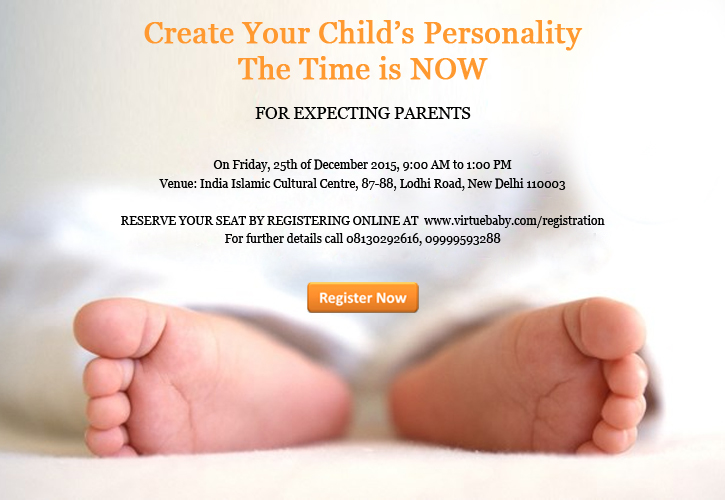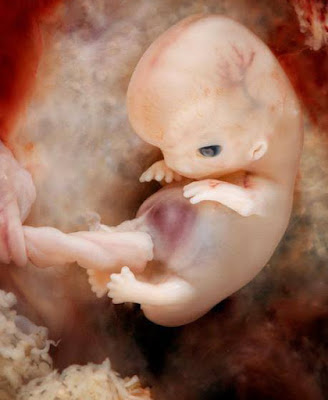Hello Mommies to Be! Did you know your child is not merely feeling inside the womb but remembers everything you say and do? Cheer up and feel blessed mommies that you can impart values to your child within the womb. Virtue Baby knows how you wish to make this connection with your baby as soon as possible, and we have an idea to help you do it much simply. A mother is like an antenna, she can filter out those things she doesn’t wish to transfer in her baby.
‘’THE TIME IS NOW!’’ Start nourishing a personality for a beautiful world just by gifting moral virtues to your child. You know? What you see, is what your baby envisions! What you hear, your baby overhears! What you eat, your baby will savor! You are ready to do everything for your baby right? So, for your child’s personality development, learn to forgive, take things lightly and shape the best of the personality of your child by concentrating on your sanskars which are going to be a part of your child’s Sanskar. And stress? Nah! That’s certainly not good for your sweetie, so we will simply put an end to that, Right?
Remember you are a celestial vessel for a new life to spark within and what you can try is regular storytelling with a moral message which is a great way to introduce virtues into your unborn child. It strengthens the bond with friends and family; teaches compassion; enhances the intellect and the hold on the language.
Zakir Hussain also learned from his mother’s womb the art of being a Tabla maestro; it’s time for your child dear mommies? Think about it!
There’s a lot to learn! ‘’Garbha Sanskars’’ are important and this eternal bond of mother and child is the gift of divinity who has given all the mothers the power to inculcate these ‘’virtues within the womb’’. What shall we do now? Let us plan your ‘’child’s personality’’ because your first nine months are integral in forming your child’s entire life.
Weave the spiritual bond between you and your baby! Focus on more meaningful messages to send ‘’positive as well as happy vibrations’’ to your baby and enjoy being parents to a cheerful and virtuous baby.









